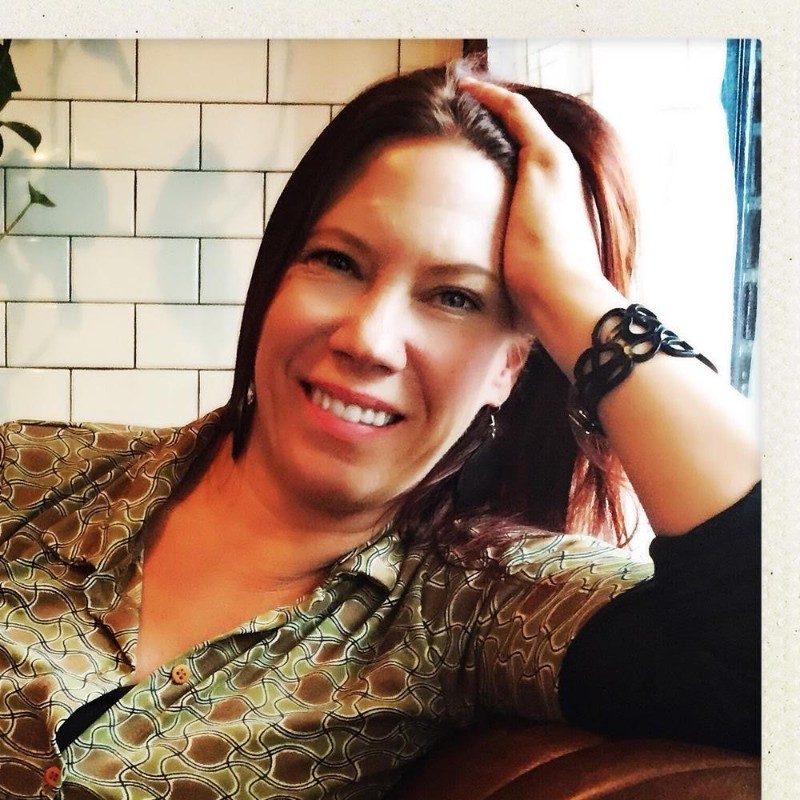
Marion Adeney
Director of Amazon and Fire Programs, Conservation X Labs
Show Bio
Marion Adeney is Director of Amazon and Fire Programs at Conservation X Labs. She leads strategy development for CXL’s larger Amazon Program, as well as the Fire Challenge, an open innovation program to tackle the hard problem of fire in remote areas. A conservation ecologist with a broad interdisciplinary background, she is committed to working at the intersection of environmental conservation, science, and development. Prior to joining CXL, Marion served as a program officer at the Gordon and Betty Moore Foundation’s Andes-Amazon Initiative from 2016-2021, where she focused on the conservation and monitoring of protected areas and Indigenous lands in the Brazilian Amazon. Previously, Marion was an American Association for the Advancement of Science (AAAS) Science & Technology Policy Fellow and Environmental Science Advisor at the US Agency for International Development in Washington DC and Lima, Peru. In Lima, she collaborated across sectors to better integrate science and the scientific community into programs and strategies for USAID’s Amazon conservation work in Peru, Brazil, and Amazon-wide. Marion has a PhD in Conservation Ecology from Duke University and a Master of Arts in Ecology, Evolution and Conservation Biology from Columbia University. Her research has focused on interactions of fire and flooding with ecosystem dynamics and human interventions in tropical forests and on Amazonian white sand ecosystems. Her BA is in American Studies from the University of California at Santa Cruz.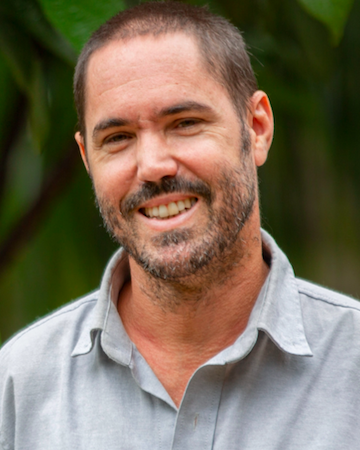
Julio Araújo
Aquatic Ecosystems Program Coordinator, CINCIA
Show Bio
Dr. Julio Araújo is the program coordinator of CINCIA’s Aquatic Biodiversity program. Julio has extensive experience in establishing wildlife conservation monitoring systems in protected areas in the Peruvian Amazon. He has worked as a biologist in a number of research projects focusing on biodiversity conservation, the study of environmental impacts resulting from artisanal mining, agriculture, and large infrastructure, including those run by the National Amazon University of Madre de Dios, the National Major University of San Marcos, the Carnegie Institution for Science, the University of Florida and Duke University. Julio holds a Ph.D. in Biology from the University of Huelva, Spain.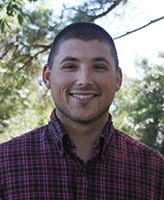
Jared Beaver
Sabin Center Fellow of Wildlife and Nature Resource Sustainability
Show Bio
Jared works within the Biodiversity and Ecosystem Services group at the Sabin Center and the Wake Forest Department of Biology to teach various wildlife-based courses and establish research program centered on, but not limited to, the current Pilot Mountain State Park research project and the southeast in general exploring various ecology and conservation-based questions. Most of Jared’s research has looked at exploring various new and emerging outlets for population estimation and habitat restoration.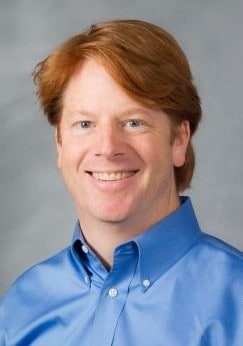
Paul Bogard
Associate Professor of English at Hamline University; Sabin Center Senior Fellow
Show Bio
Paul Bogard is the author of “The Ground Beneath Us: From the Oldest Cities to the Last Wilderness”, “What Dirt Tells Us About Who We Are”, published by Little, Brown. He is also the author of “The End of Night: Searching for Natural Darkness in an Age of Artificial Light”, published in North America by Little, Brown, and in the UK and around the world by 4th Estate/Harper Collins. “The End of Night” has been translated into German, Spanish, Japanese, Chinese, and Korean, and is available in hardcover, e-book, paperback, and audiobook.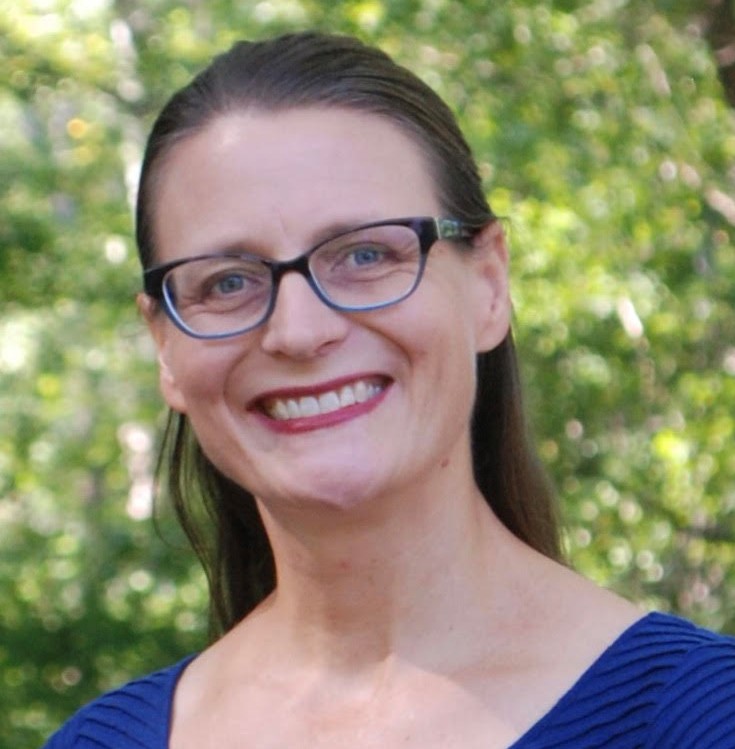
Presian Burroughs
Sabin Center Fellow of Religion and Ecology
Show Bio
Presian Burroughs is an expert in Christian ecological theology, which focuses on the relationships between religion and nature. Her recent research focuses on the impacts of agriculture on local and global ecosystems and the role of the church in making agriculture more sustainable. Dr. Burroughs received her Master’s of Divinity and Doctor of Theology degrees from Duke Divinity School.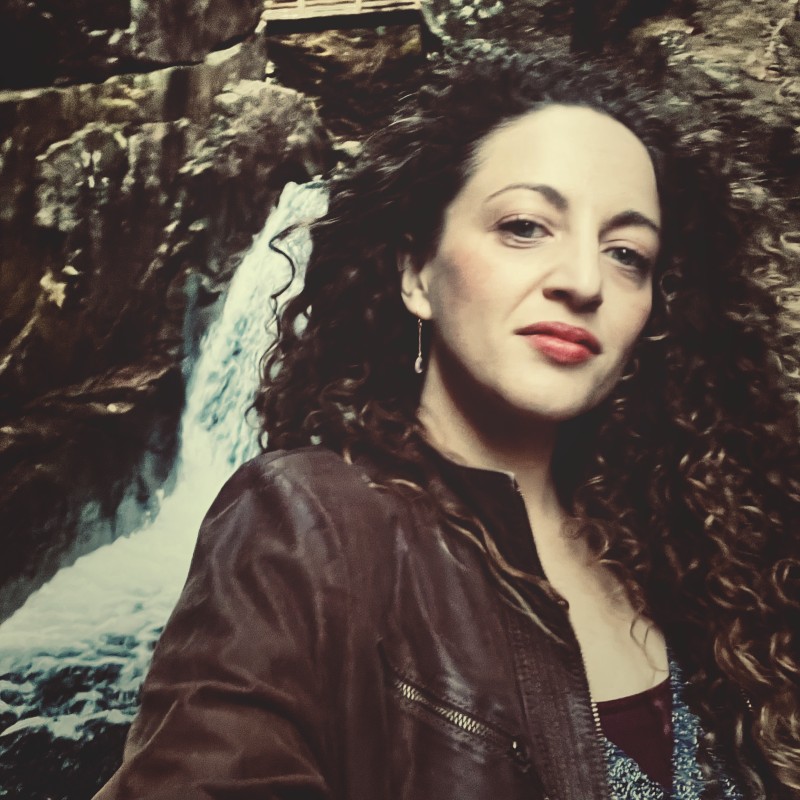
Kellie Cavagnaro
Digital and Cultural Anthropologist
Show Bio
Dr. Kellie Cavagnaro is a multilingual digital and cultural anthropologist, specializing in the analyses of emerging media and indigenous community ecologies, gender rights, and place-based justice movements. Dr. Cavagnaro has conducted ethnographic fieldwork in Aymara communities of Puno region, Peru, paraZapatista communities of Chiapas, Mexico, at the United Nations PFII and at multiple sites of demonstration and protest within pan-indigenous media networks across Latin America. Dr. Cavagnaro is currently working with the Sabin Center to research AI and Indigenous Ecologies in the Madre de Dios region of the Peruvian Amazon, querying the ontological limitations of LLM qualitative data analyses (as Knowledge Graphs).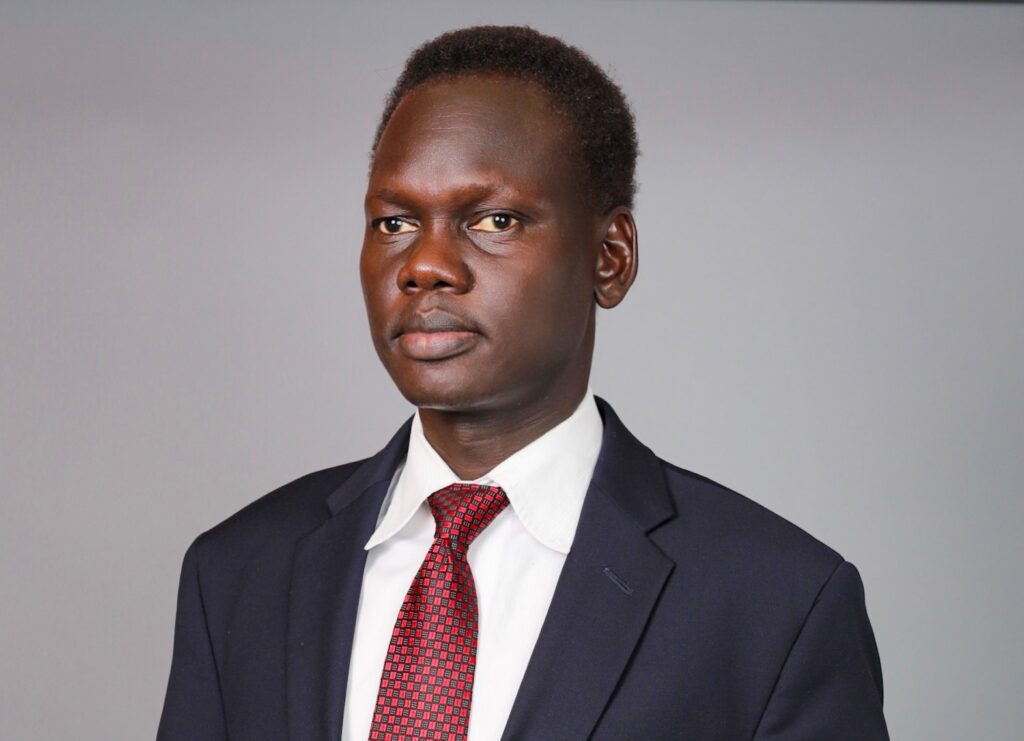
Deng Chol
PhD Candidate, Oxford Programme for Sustainable Infrastructure Systems
Show Bio
Deng Majok Chol is a researcher in the Abdul Latif Jameel Water and Food Systems Laboratory (J-WAFS) at Massachusetts Institute of Technology (MIT). He is also a researcher for the United Nation Office for Project Services (UNOPS) in partnership with Oxford University. He is also a researcher on Ghana Infrastructure Project that uses the National Infrastructure Systems Model (NISMOD), which was used for the UK’s first National Infrastructure Assessment and for analysis of the resilience of energy, transport, digital and water networks in Great Britain. He is a visiting fellow at the National Center for Atmospheric Research (NCAR). Previously he was a consultant with both the World Bank, and International Finance Corporation (IFC) on areas of geopolitics of energy, and environmental risks, Petro-state, and the impacts of petroleum production on communities, ecology and the environment, governance and environmental laws, and transport system at global scale. He was also a project assistant at the Center for Global Change Science (CGCS) at MIT. He is currently a DPhil Candidate at the Oxford, pursuing research on the socio Eco-hydrology of South Sudan under climate and socio-economic change: South Sudan’s lungs: sustaining the Sudd under climate and socio-economic change. His DPhil study covers these research areas: The Nile water resources, climate change hydrodynamics, environmental risks, hydrological modelling, climatic and variability simulations, socio-economic, regional climate model. His study goal is to produce a sustainable development plan for South Sudan that must address the issues of flooded population of the Sudd and include actions to reduce the risks of flood damage to allow for the construction of infrastructure to enhance social welfare and sustainable economic development while preserving the ecosystem services and intrinsic value of the Sudd. Deng’s key presentations include: 1) the Public Consultation on Sudd Wetlands and White Nile Water Resources, organized by the Presidency of the Government of South Sudan, and the Co-Chair of the international experts, Juba, 2022; 2) High Level Panel” on “Strengthening the International Development Response to Forced Displacement”, at the World Bank, Washington, D.C ; 3) “ Advancing Good Governance in International Development Goals, Sustainable Development Goals, SDGs in Oxford, England; and Advancing Solutions for Refugees and IDPs: New Partners, New Measures, Cambridge, US. Deng earned a B.S. in political science and Economics from Arizona State, two-year MBA from George Washington University, and two-year MPA from Harvard University. While at Harvard, Deng’s key courses include Water Resources Developmentand Management; the Geopolitics of Energy, and Political Economy of Oil and Mining Resources.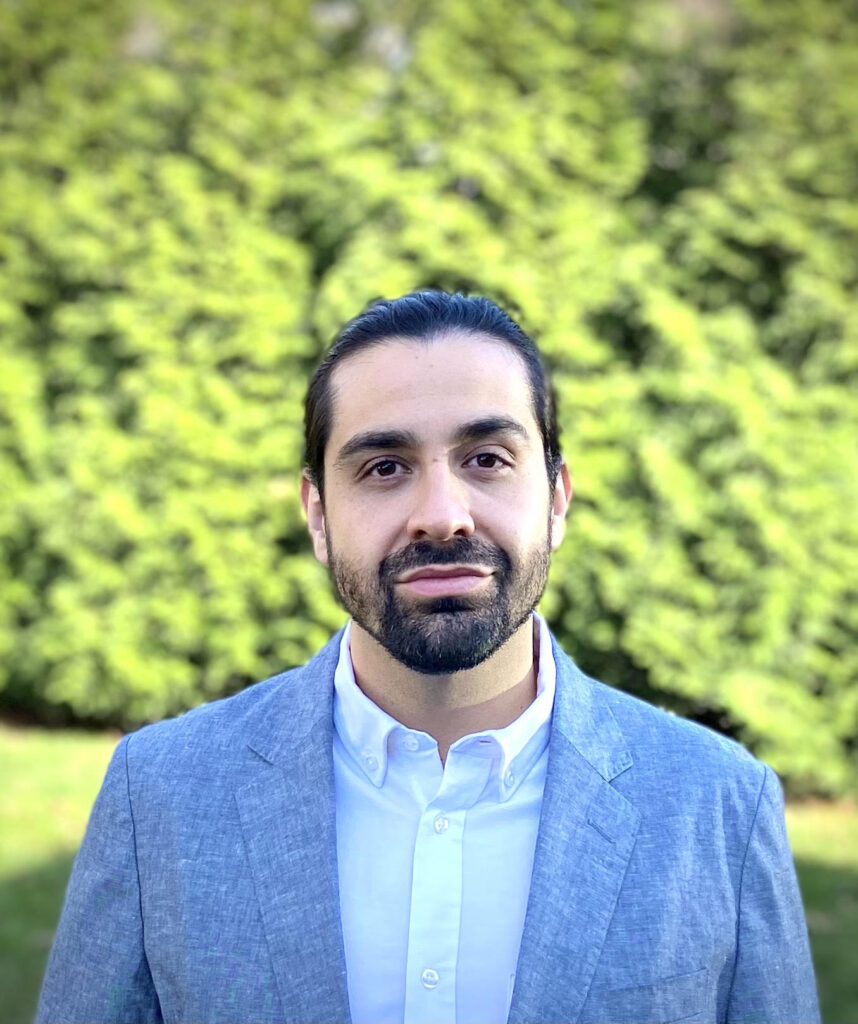
Felipe Nicolás Cisneros
Sabin Center Fellow in Sustainability, Strategy & Innovation
Show Bio
Nicolás Cisneros is a sustainability strategist focused on helping industry and governments leverage principles of sustainability to achieve competitiveness through innovation, with the ultimate goal of promoting prosperity and sustainable development. He has extensive experience advising governments across the globe on varied sectors and topics such as climate change policy, sustainable finance, green growth, renewable energy, extractive resources and mining, electric mobility, trade and investment policy, sustainable innovation, private sector engagement, ecolabels, and sustainability standards. Nicolás has worked at the NDC Partnership – cohosted by the United Nations Framework Convention on Climate Change and the World Resources Institute – and across several divisions and offices of the United Nations Environment Programme. As an Adjunct Lecturer at Wake Forest University, he teaches courses such as International Environmental Policy; Sustainability, Strategy and Innovation; and Behavioral Economics and Sustainability. Nicolás holds a Bachelor’s degree in Economics from Davidson College, a Master’s degree in International Affairs from the Graduate Institute of International and Development Studies, and certificates in governance of extractive industries, intellectual property, and sustainable finance.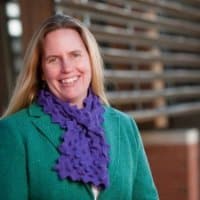
Becky Dickson
Graduate School Professor, Wake Forest University
Show Bio
Experienced spatial analyst and educator with a demonstrated history of working for non-profits, private companies and in the higher education industry. Skilled in GIS, Remote Sensing, Spatial Analysis, and Spatial Modeling with a focus on Ecosystem Services, Land Cover Change and Sustainability. Strong education professional with a Doctor of Philosophy (PhD) focused in Geography from Clark University.
Sarah duPont
President, Founder of the Amazon Aid Foundation; Sabin Center Senior Fellow
Show Bio
Sarah duPont is an award-winning humanitarian, educator and filmmaker and is a vocal advocate of ecological preservation. As the President and Founder of the Amazon Aid Foundation, Sarah works with Neotropical scientists to study Amazonian biodiversity with an eye toward educating the public and introducing cutting-edge conservation practices and on the ground solutions to the region. Sarah is a producer and co-director of the award winning film “River of Gold” and the short documentary “Mercury Uprising”, both films about illegal gold mining in the Amazon Rainforest. Her other film projects include producing the award-winning Kids Against Malaria music video P.S.A., a transmedia program to promote treatment and prevention for malaria in Africa and the Anthem for the Amazon music video, a video with the voices of 500 children from around the world singing to protect the Amazon.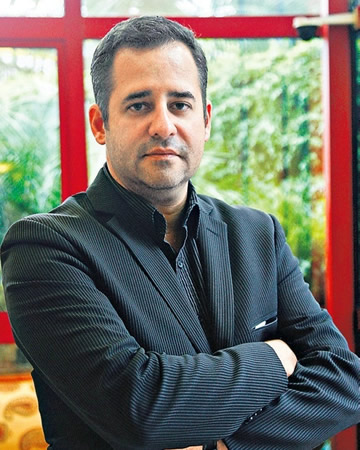
Luis Fernandez
Executive Director, CINCIA; Research Professor, Biology
Show Bio
Luis E. Fernandez is the Executive Director of the Wake Forest University’s Center for Amazonian Scientific Innovation (CINCIA), a research initiative that examines the impacts of artisanal gold mining, mercury contamination, and deforestation on natural and human ecosystems in the Peruvian Amazon. Trained as a tropical ecologist, Luis is an expert on the environmental impacts of artisanal scale mining on tropical landscapes, particularly on the effects of mercury contamination on wildlife and indigenous communities. Luis has led research efforts to study and address mining-related mercury contamination in Brazil, Colombia, Peru, and Madagascar. He has held professional positions at Stanford University, Carnegie Institution for Science, US Environmental Protection Agency, Argonne National Laboratory, and the University of Michigan. His research and policy work has been profiled in Nature, CNN, NPR, PBS Newshour, Washington Post, Mongabay, Le Monde, and the Associated Press. Luis serves on the governing and advisory boards of the Amazon Aid Foundation, Environmental Health Council, OroEco, and the UNEP PlanetGold programme. In 2009, the USEPA awarded Luis the agency’s highest award, the EPA’s Gold Medal for Outstanding Service, for his work on the dynamics of mercury in the Amazon Basin.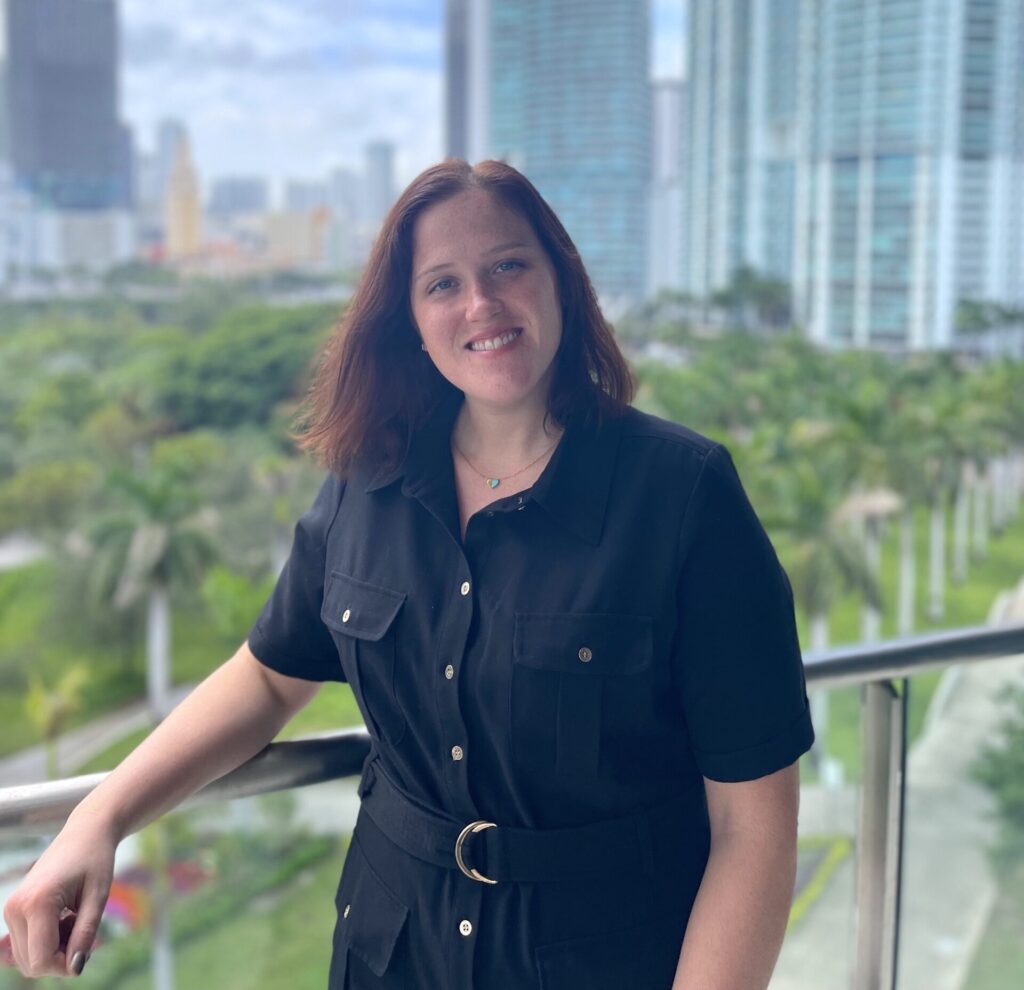
Cassie Freund
Director of Science Communication, Phillip and Patricia Frost Museum of Science
Show Bio
Cassie Freund is the director of science communication at the Phillip and Patricia Frost Museum of Science in Miami, FL. She is a tropical ecologist and conservation biologist, with a PhD from Wake Forest University and a master’s in conservation biology from Columbia University. She is also an adjunct professor for the Wake Forest University Graduate Programs in Sustainability. Cassie is also a science writer and editor, with over five years of experience telling engaging stories about the world around us for outlets such as Mongabay, Massive Science, Hakai Magazine, and the Sabin Center website. She has done field research in Indonesia and Peru, measuring the effect of landslides on Andean ecosystems, and leading community-based orangutan conservation efforts. She has a growing research program in conservation culturomics, and focuses on how the words and images scientists post on social media affect viewers’ perceptions of wildlife and biodiversity conservation.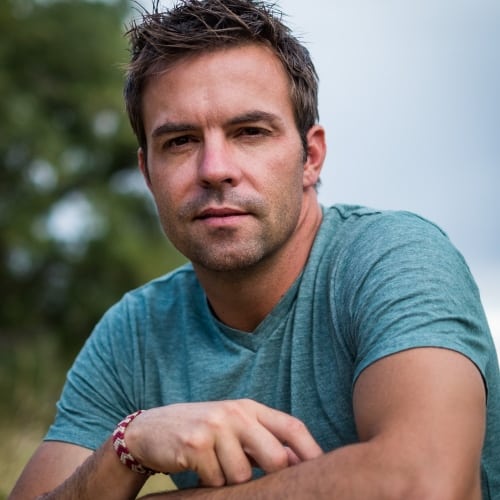
Jason Houston
Senior Fellow with the International League of Conservation Photographers
Show Bio
Jason Houston’s photography explores how we live on the planet and with each other, looking at issues related to the environment through the lens of human experience. A believer in the inherent value of deeper, more complex stories and the idea of “Slow Journalism“, Jason often blends commissioned work with personal projects, adding extra days or weeks of his own time to his assignments. The majority of his work is in collaboration with social cause and environmental organizations, and editorial feature work for magazines.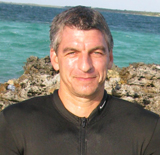
Craig Layman
Research Professor, Department of Biology; Sabin Center Senior Fellow
Show Bio
My interdisciplinary pursuits provide a multi-faceted understanding of environmental change in the coastal realm. I am an ecologist, asking questions that span population, community, ecosystem, and evolutionary sub-disciplines. I often use a food web perspective, exploring top-down (e.g., predation) and bottom-up (e.g., nutrient excretion) mechanisms by which animals affect ecosystem processes. I am also involved with on-going coastal restoration initiatives and conservation policymaking. Building from these research experiences, I serve in various student mentoring, editorship, science consulting, and community service roles. I have a current research program in The Bahamas and I am active with local scientific research and community service in Western North Carolina. I am always seeking new opportunities to contribute to the broader scientific and conservation communities.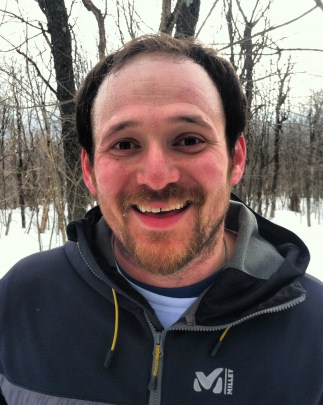
David Lutz
Sabin Center Fellow in Biodiversity and Ecosystem Services, Dartmouth University
Show Bio
David Lutz is an environmental scientist and ecologist with a background in simulation modeling, remote sensing, and ecological economics. His research focuses on documenting and analyzing environmental change through the use of novel modern technological methods. In addition, he is keenly interested in the construction of simulation and empirical models to investigate optimal adaptive management strategies that allow for the continued delivery of ecosystem services from natural landscapes in future scenarios of change. David is the Primary Investigator of a NASA Interdisciplinary Science project that utilizes the historical satellite archive and three decades of citizen science observations to observe changes in water quality in New England lakes.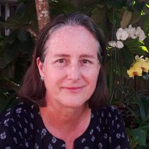
Carol L. Mitchell
Research Professor, Biology
Show Bio
Carol L. Mitchell, Ph.D., is a tropical ecologist and conservationist dedicated to the preservation and restoration of wild nature. From 2005 through 2018 Dr. Mitchell served as Deputy Director for Science at Everglades National Park, leading National Park Service strategic science initiatives for the Everglades Restoration Program, the largest wetland ecosystem restoration program in the world. Previously she worked with WWF and Conservation International, leading interdisciplinary conservation and development programs in the southeastern rainforests of Peru. Her focus during her career has shifted from doing the primary field research toward managing conservation science organizations and tailoring both the production and the synthesis of the science to the needs of decision-makers. Her current interests are in ecosystem restoration in the tropics, and natural resources conservation and science policy in Latin America and the US, especially the role that science plays in decision-making for protected areas.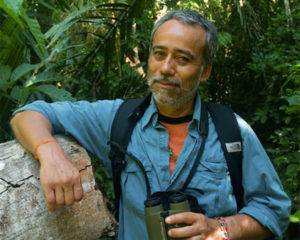
Enrique Ortiz
Senior Program Director, Andes-Amazon Fund; Sabin Center Senior Fellow
Show Bio
Enrique Ortiz was born and raised in Lima, Peru. He has been trained as a tropical ecologist (San Marcos University, Lima and Princeton University, New Jersey), with a long history of research on species and ecological systems in coastal/marine, deserts, highlands and tropical forest ecosystems. His specialty is in community ecology (plant – animal interactions) and he has authored several research papers and popular articles on a variety of themes, mainly on species biology, and management of non-timber forest products, particularly on Brazil nuts. Apart from his biological background, Enrique is perhaps better known for his activism and leadership throughout Peru and Latin America in conservation of biodiversity and ecosystems. He has been working with several Peruvian, Amazonian, and North American non-governmental organizations. He is a founder and board member of the Amazon Conservation Association and President of the Asociación para la Conservación de la Cuenca Amazonica, a leading Peruvian NGO. For over a decade he has been working on funding agencies in efforts to support conservation in the Andes-Amazon region. Together with Adrian Forsyth, Enrique is the founder of the Andes-Amazon Program of the Gordon and Betty Moore Foundation. Since 2010 to 2015, he has worked for the Tropical Americas Program at the Blue Moon Fund, as a Senior Program Officer and then Program Director, supporting national and international groups in efforts to protect the Amazon rainforests. Currently he serves as Program Director for the Andes Amazon Fund. Additionally, since 2008 to date, Enrique is serving as a member on the board of directors of Peru’s National Protected Area Service (SERNANP), of the Environment Ministry of Peru.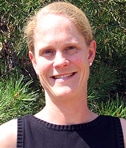
Rebecca Powell
Leopold Fellow in Biodiversity and Ecosystem Services (University of Denver)
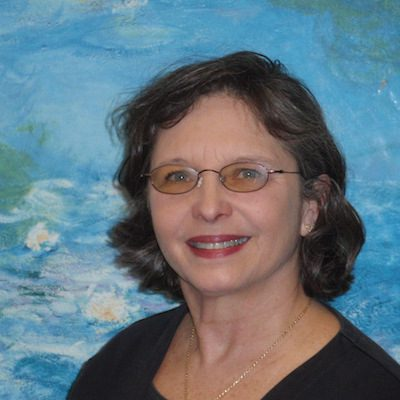
Amy Ringwood
Marine Toxicologist
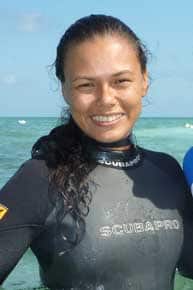
Julie Robinson
Belize Program Director, The Nature Conservancy; Sabin Center Senior Fellow
Show Bio
In the last twenty years, Julie has focused her work in marine research and conservation off the coast of Belize. Today, she manages the Belize Oceans Program aligning science, technology, policy, finance and livelihoods into a comprehensive fisheries management and aquaculture program. Julie has a degree in Biology from the University of South Florida, is fluent in English, Spanish and Creole and is a member of the Board of Directors of the Belize Audubon Society, Belize’s oldest and largest conservation NGO.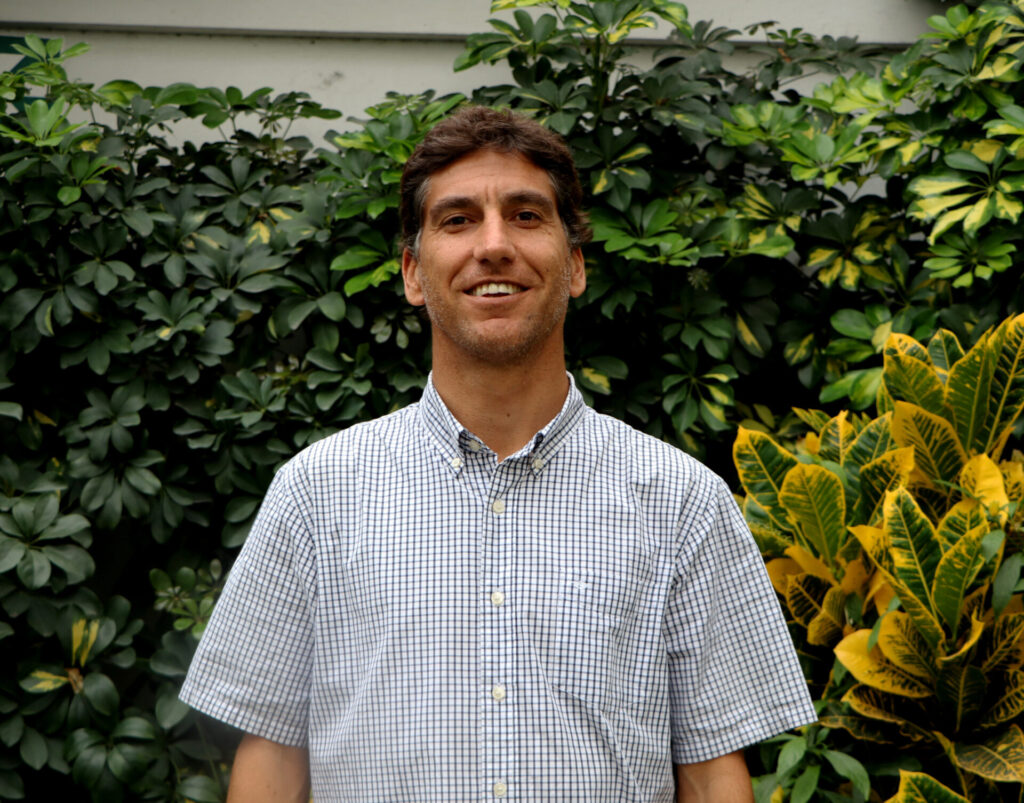
Francisco Román
Research Director of the Natural Infrastructure Project for Water Security, CONDESAN (Consortium for the Sustainable Development of the Andean Ecoregion)

Alycia Silman
Show Bio
Alycia Silman is staff in the psychology department. She studies the effect of mercury exposure from gold mining on human cognition.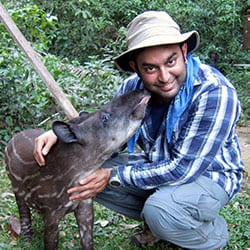
Varun Swamy
Tropical Forest Ecologist
Show Bio
Dr. Varun Swamy is a tropical forest ecologist with over 14 years of experience conducting ecological research in the lowland rainforests of the Madre de Dios River Basin in the Peruvian Amazon. A native of India, he spent 19 years in the United States, where he obtained a Bachelor’s degree in Environmental Studies from Connecticut College, and a Ph.D. from the Nicholas School of the Environment at Duke University, specializing in tropical forest ecology. His first visit to Peru and Madre de Dios was in 2003 to begin his doctoral dissertation research, and he has returned to Peru every year since. Dr. Swamy is currently a Research Fellow at the San Diego Zoo Institute for Conservation Research, and lives in the city of Puerto Maldonado.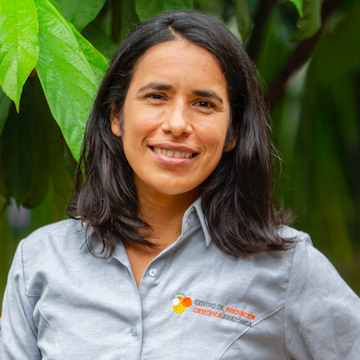
Claudia Vega
Mercury Program Coordinator, CINCIA
Show Bio
Dr. Claudia Vega is the Coordinator of CINCIA‘s Mercury Program. Claudia has extensive expertise in the study of the dynamics and impacts of mercury in Amazonian populations and ecosystems. Before joining CINCIA in 2017, she conducted studies on heavy metal contamination in Magellanic penguins on the Brazilian Atlantic coast, and on the interaction of mercury and selenium in riverine populations in the Madiera River in the state of Rondônia, Brazil. She was also a lead researcher in a major study looking at mercury contamination in Yanomami indigenous communities resulting from illegal artisanal gold mining. She participates in multiple studies on mercury exposure in the Amazon region and leads several research initiatives looking at mercury dynamics in areas affected by artisanal and small-scale mining. Claudia holds a bachelor’s degree in Veterinary Medicine from the University of Guatemala; a master’s degree in Public Health and Environment from the Escola Nacional de Saude Publica in Rio Janeiro, Brazil; and a Ph.D. in Analytical Chemistry from the Pontifical Catholic University of Rio de Janeiro. Claudia conducted her post-doctoral studies at the Escola Nacional de Saude Publica in Rio Janiero, Brazil with Dr. Sandra Hacon.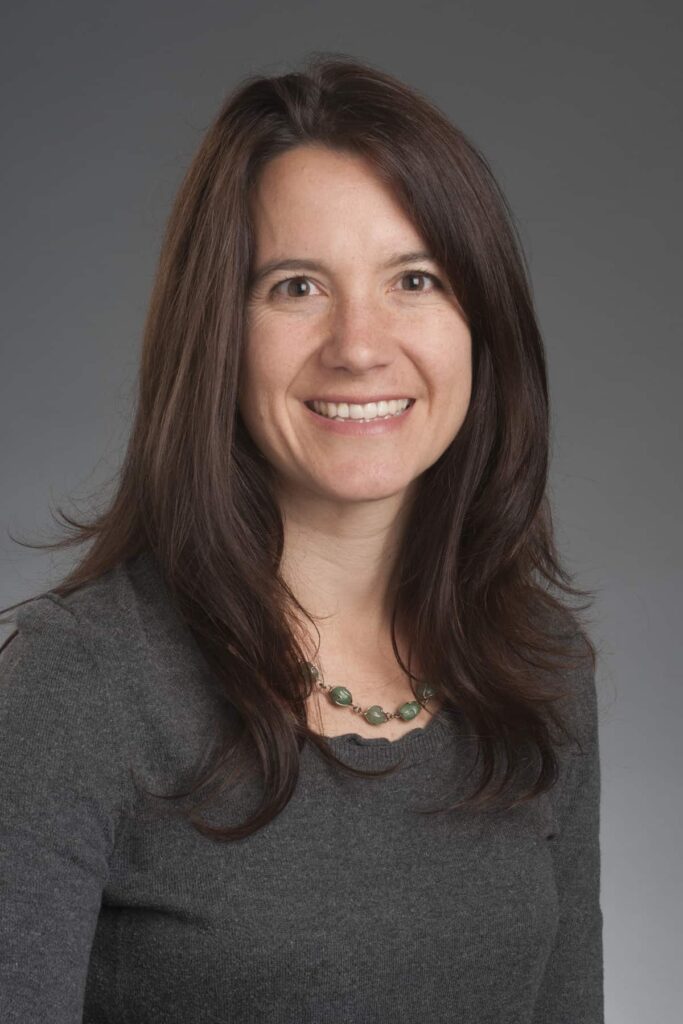
Emily Wakild
Professor of Latin America History at Boise State University: Sabin Center Senior Fellow
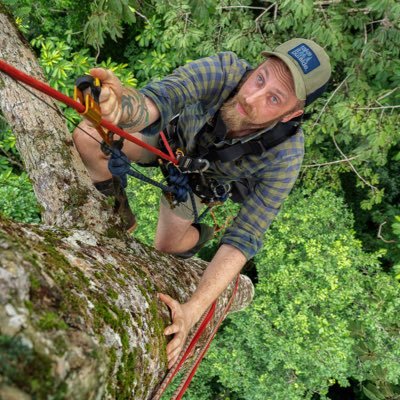
Andrew Whitworth
Executive Director, Osa Conservation
Show Bio
Dr. Andrew Whitworth a wildlife ecologist and conservation biologist who has over 12 years of experience leading non-profits & academic institutions to advance conservation science and protect tropical biodiversity. He leads a science-driven conservation agenda with an emphasis on measuring conservation impact. He completed his doctoral degree at the University of Glasgow, Scotland, where he investigated the conservation and biodiversity value of regenerating tropical forest systems. With more than 40 scientific publications, he is dedicated to building programs to reduce hunting pressure, to restore rainforest habitat and preserve plant and wildlife species, and to find human-friendly approaches to tackle climate change. He is a National Geographic Explorer and as Executive Director at Osa Conservation he launched the Ridge to Reef Initiative with the goal of restoring forest connectivity to allow wildlife populations to migrate and adapt to climate.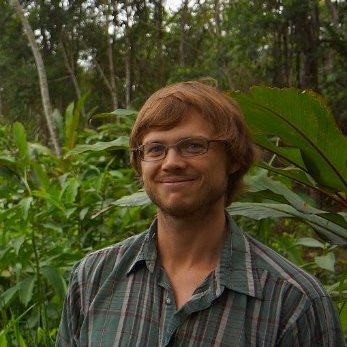
Andrew Wilcox
Master of Forestry Candidate at Yale School of Forestry & Environmental Studies
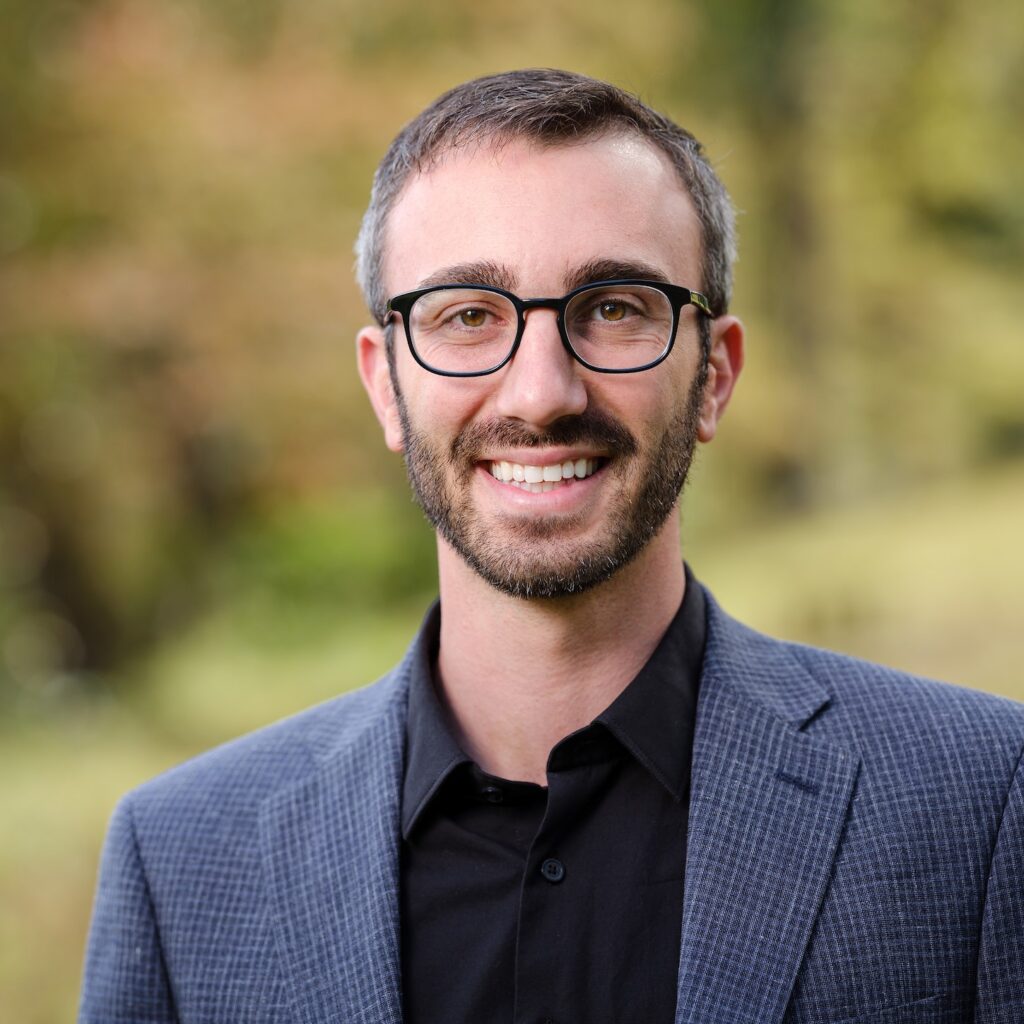
Chris Zarzar
Commercial Product Manager, TruWeather Solutions
Show Bio
Chris Zarzar is an applied hydrometeorologist and has served in academic, government, and private sector positions. His research uses a combination of uncrewed aircraft systems (i.e. drones), numerical modeling, and GIS techniques in an applied approach to understanding human-land-atmosphere interactions, and natural hazard risk communication.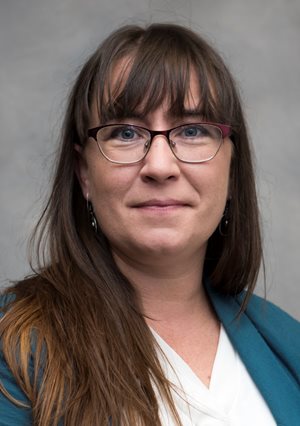
Vanessa Zboreak
Associate Professor, Jacksonville University College of Law
